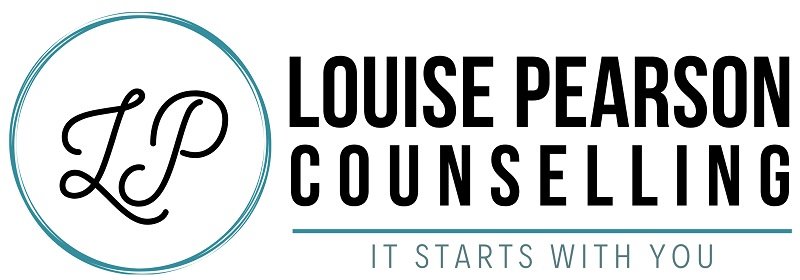A couple of weeks ago, I was reflecting on what I think are the key ingredients of connection. I talked at the time if you recall, about the importance of listening. I find through my work that just being listened to can make us feel like either the things that we are struggling with, or just as importantly the things that we are celebrating, have really been seen by the person who is listening. Put simply, to feel seen is to feel acknowledged.
Well with all of the events going on around us in the world at the moment, I have been reflecting on what I think is another key ingreedient of connection, and that is our ability to ask questions. Essentially our ability to listen is tied in with this concept of asking questions. It gives people permission to talk. Someone asking us questions tells us that the person asking is interested in what we are saying. I think that for most people, even if you are someone who is not always comfortable with the spotlight on you, the experience of someone remembering an important thing about you and asking you about it, is a really positive one. If we’re honest with ourselves, who doesn’t like someone showing interest in us? More than that though, questions can sometimes help us to think about parts of our own story differently.
So, having thought about how important this concept of asking questions is as an ingredient of connection, I want to make a couple of quick points about it. Firstly, I think asking questions is a skill which we need to develop and practice. At times it can be difficult to know how much or how little to ask, and we can all get it wrong sometimes. We need to keep in mind that depending on the question we ask, we can open up a discussion, or close it down. If for example, I was to say to a flood victim from New South Wales "did you lose your house?", then I am quite likely to get a yes or no answer. If I were to ask, "what has it been like for you?" on the other hand, then I am encouraging more of a discussion, hopefully communicating a willingness to listen. So, while there's a time and place for both types of questions, when we are wanting to communicate our care and interest to someone, we will encourage people to talk more with the sort of questions that start with "tell me".
Another point worth making, is that I think one of the things which either has us asking questions in the most awkward situations or that silences us, is that we often treat others in the way that we think we ourselves would be comfortable with. If we are someone who feels a real need to talk when something bad happens for example, we'll often want to give that opportunity to others and have lots of questions to ask. If we are someone who values privacy, then we might hold back from asking questions. And while both of these reactions are of course understandable, I think the point to remember is that each person's reaction, each person's way of responding, is their own and might be very different to ours. If we can't work out what would best support them to feel connected, then we can always ask them. In most situations a question like “do you want to talk about it?”, will at least communicate care.
And my final point for tonight, is that questions are of course a part of everyday life, and of most of our interactions. So, if you are wanting to deepen your connection with the people around you, see how things change if you ask more questions. As I've already said, it's not always something we feel comfortable with; in fact, it can make us downright anxious at times, but it will improve with practice. If you find it hard to chat to new people, or to come up with things to talk about to one particular person for example, then try to think about the sorts of questions that you could ask them before you meet them. Think about what you know about that person, and what makes you curious about them. Then, when you are with them, try asking one or two of those questions. If they are open to conversation, you’ll soon know about it. Keep in mind also that the best of connections are two-way, so be prepared for the questions to come back to you too, and think about how you’ll provide your answers to keep the conversation flowing.
Remember that it's a balancing act, this asking questions thing. Although you might not want to intrude on someone by asking too many questions, you can also be at risk of seeming like you don't care, if you don't ask any.
